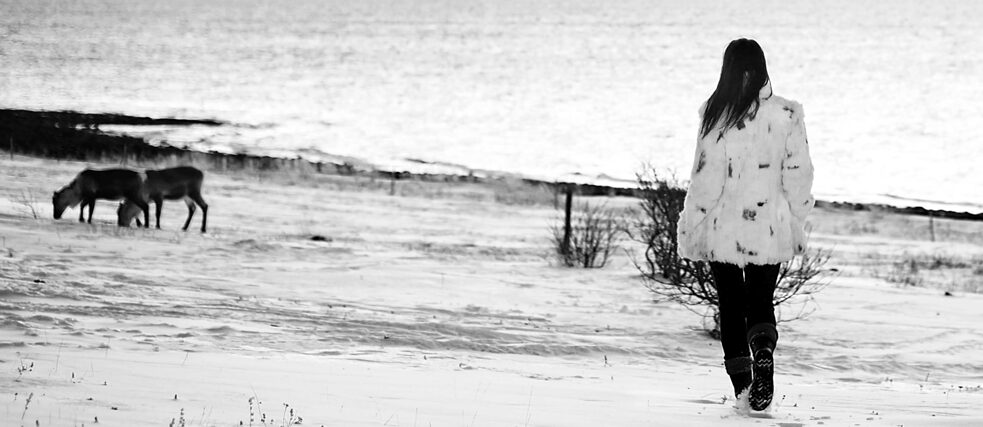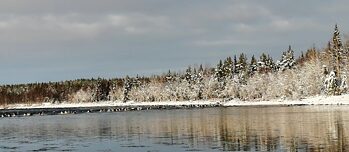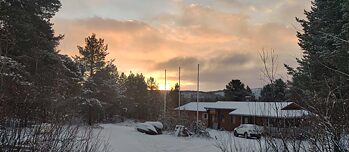Environmental crimes especially violate Indigenous rights. For Indigenous societies, environmental destruction is also a cultural, linguistic and economic danger.
Pirjo Kristiina Virtanen
¹ The title of the project comes from the long battle of Inuit to have their rights linked to climate change. The book of the same name by Sheila Watt-Cloutier (2015, Allen Lane Publication), testifies of her pioneering work in connecting climate change to human rights with the Inuit legal petition she and 62 fellow Inuit from Canada and Alaska launched to the Inter American Commission on Human Rights in Washington DC in 2005. Inuit leaders and climate change activists use this expression to capture their struggle and hope for political leaders to realize their communities are being severely impacted by climate change. Although the Commission did not go ahead with the Inuit petition they did have a historical hearing on the legal impacts and connections between climate change and human rights. Okalik Eegeesiak, Former Chair of the Inuit Circumpolar Council (ICC) used the expression in her discourse at the United Nations Framework Convention on Climate Change COP 21 December 3, 2015 in Paris, France: “Climate change is not just an environmental issue it is a human rights issue and the melting of the Arctic is impacting all aspects of Inuit life, therefore, the final text must make the rights of Indigenous peoples operative and keep it in Article 2.2. We have the right to be cold” argued Eegeesiak.


